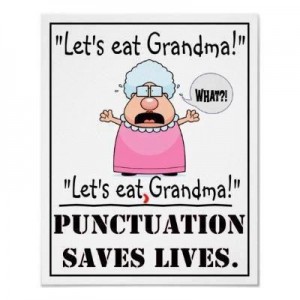- eat out
Intransitive
Meaning: eat at a restaurant
Example: I don’t feel like cooking tonight. How about we eat out?
Did you know that most Americans eat out 4-5 times a week? How often do you eat out? Do you like to cook? Share your favorite recipe!
My favorite recipe:
Ingredients
Rice or Quinoa
1 can black beans or pre-cooked beans
Chicken
Peppers
Onions
Garlic salt seasoning
Salt
Pepper
Olive oil
Sriracha chili sauce
Chorizo (optional)
- Cook 1 cup of rice in rice cooker (2 cups water per 1 cup rice)
- Cut up 2 peppers and ¼ onion into long, thin slices, cut up 1-2 chicken breasts into cubes
- Put a teaspoon of olive oil in pan.
- Place peppers in pan—coat with olive oil and season with salt and pepper—simmer on low heat for 10 minutes
- Put a teaspoon of olive oil in separate pan—add chicken and season with garlic salt— Add chorizo (optional)—Cook for 10 minutes or until chicken is browned.
- Add beans to chicken—heat for 1-2 minutes
- Add ingredients together and serve! Mmm!



